
Home > Industrial Metal Pipe > Pipe Materials
Introduction
Pipes are a critical component in numerous industries, ranging from construction and oil & gas to power plants and water treatment facilities. Selecting the right pipe material is vital to ensure safety, durability, and efficiency. This guide explores the various pipe materials available, their properties, applications, and factors to consider when choosing the right material for your project.
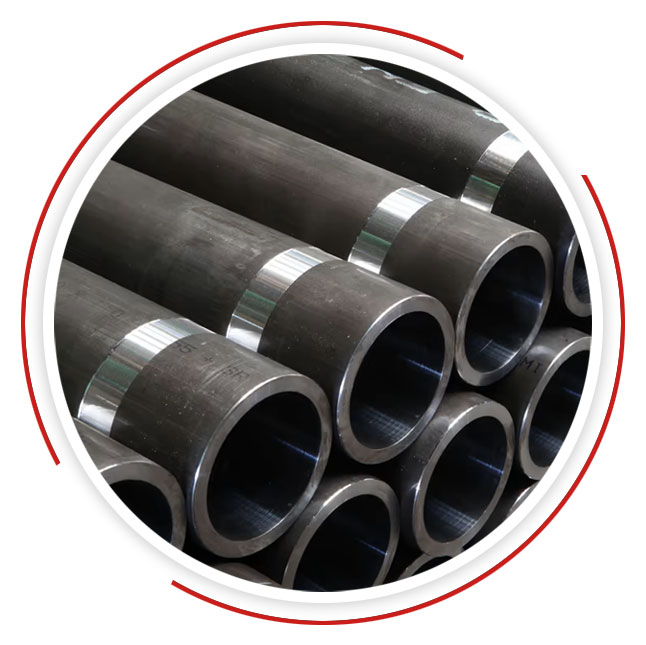
Carbon steel is one of the most widely used pipe materials due to its strength, affordability, and versatility. These pipes are manufactured with a mixture of iron and carbon, which makes them robust and ideal for high-pressure and high-temperature environments.
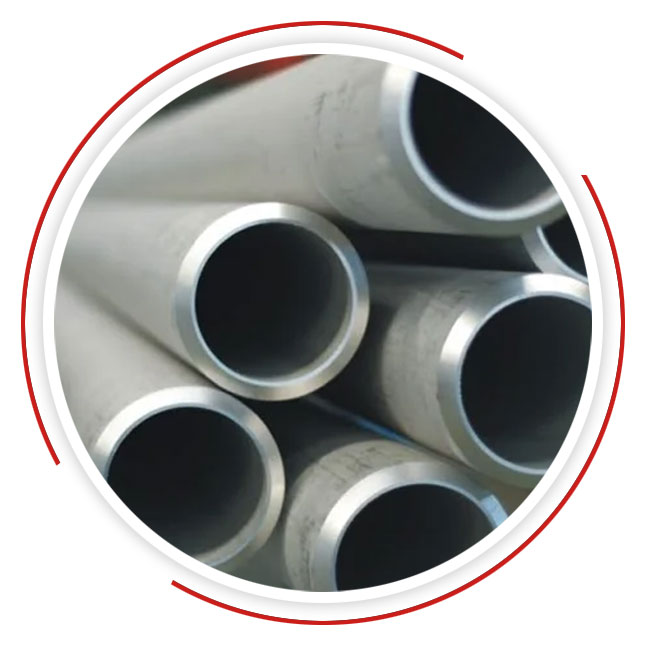
Stainless steel pipes are popular for their exceptional corrosion resistance, making them suitable for environments where rust or oxidation could be an issue.
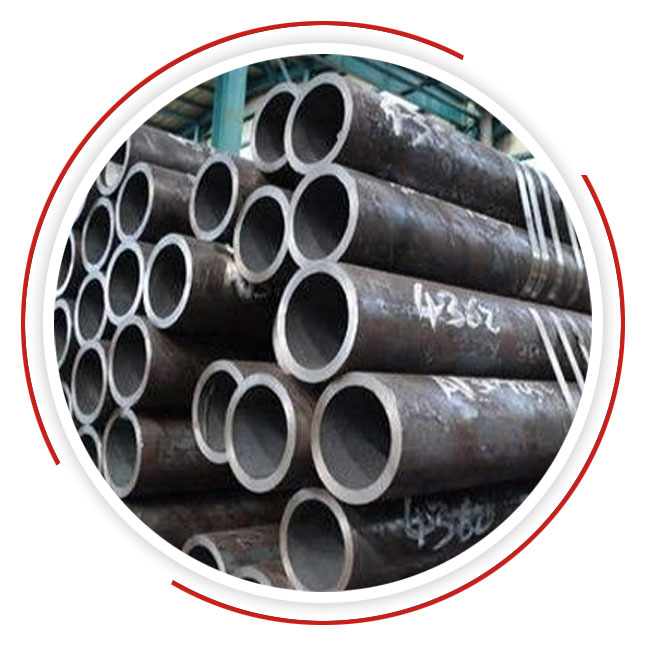
Alloy steel pipes incorporate various elements like chromium, molybdenum, and nickel to enhance strength, corrosion resistance, and durability. They are often used in demanding environments.
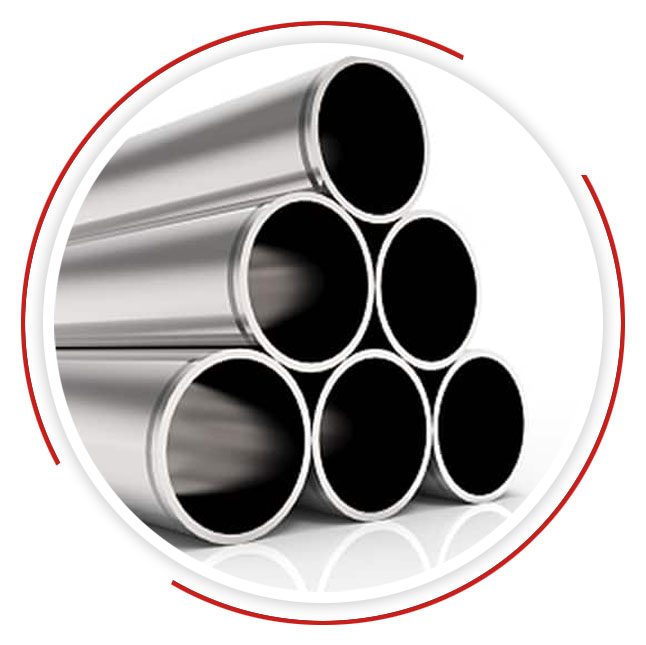
Our offerings include various grades and specifications, such as Inconel 600, Inconel 625, and Inconel 718 pipes. As one of India’s leading stockholders, Kwality Steelage Pvt. Ltd. maintains a robust inventory to meet the diverse needs of clients, offering options like Sch 40 Inconel Pipes, high-temperature Inconel Pipes, and custom sizes.
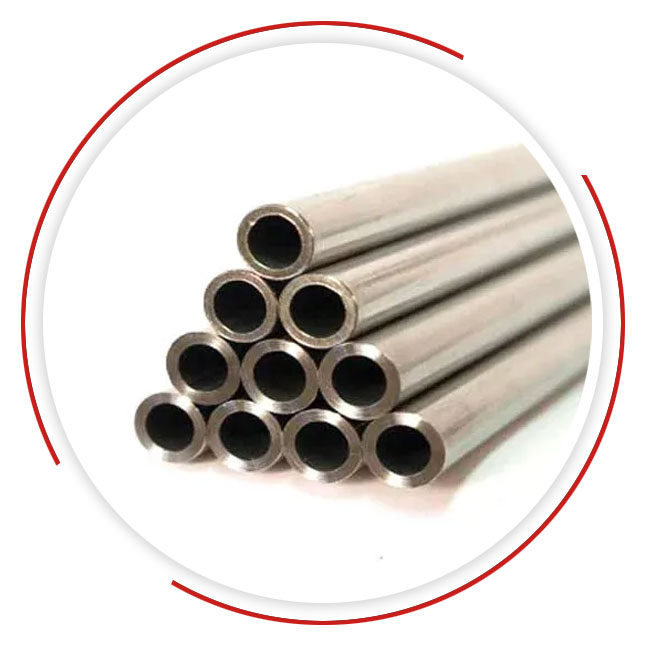
Our offerings include a variety of grades and specifications, such as Monel 400, Monel K500, and other specialized Monel grades. As one of India’s largest stockholders, Kwality Steelage Pvt. Ltd. maintains a robust inventory to meet the diverse needs of B2B clients, including options for custom sizes and specific applications.
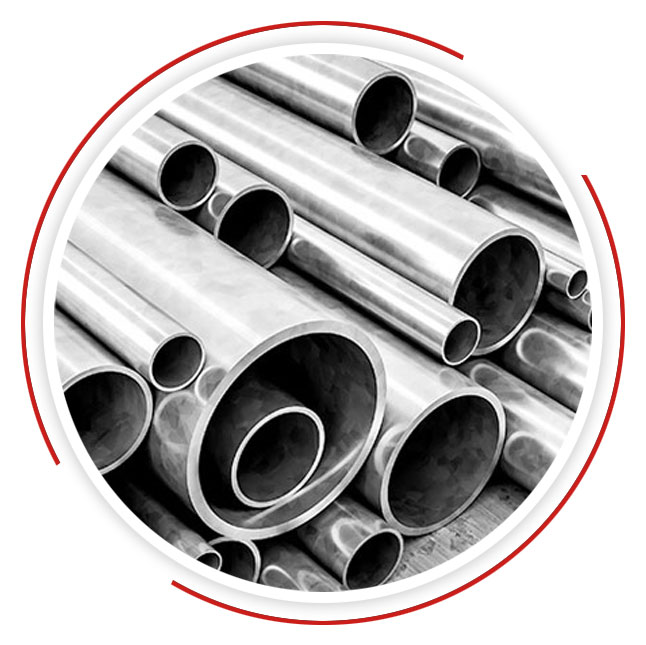
Duplex pipes are designed for superior strength and corrosion resistance, combining properties of both austenitic and ferritic stainless steels.
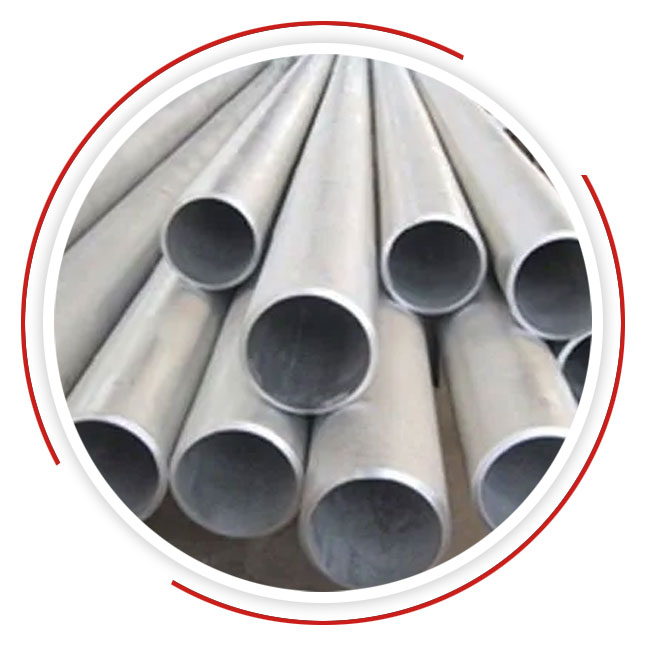
Super duplex pipes are designed for superior strength and corrosion resistance, combining properties of both austenitic and ferritic stainless steels.
The choice of pipe material significantly impacts the performance, durability, and safety of industrial systems. Kwality Steelage Pvt. Ltd., based in Mumbai, Indi
05, 1st Floor, Ratan Sadan Building, Room No. 8, 5th Kumbharwada Ln, Mumbai, Maharashtra 400004
VIKAS JAIN: +91-88792 51118
RAMESH JAIN: +91-99302 75544
We Kwality Steelage Pvt. Ltd. are professionally organized firm engaged in exporting and supplying Stainless Steel, Carbon Steel, Alloy Steel, Nickel Alloys, Duplex, Super duplex and other Ferrous & Non-Ferrous Metal products such as Pipes, tubes, Pipe, Tubes, Pipe Fittings, Piping Spools, LR Bends, Sheets, Plates, Rods, Flanges, Fasteners, Gaskets.
© 2024 Kwality Steelage Pvt. Ltd. All rights reserved. Designed by Vebiotic Web Solutions Marketing by Adinads
WhatsApp us